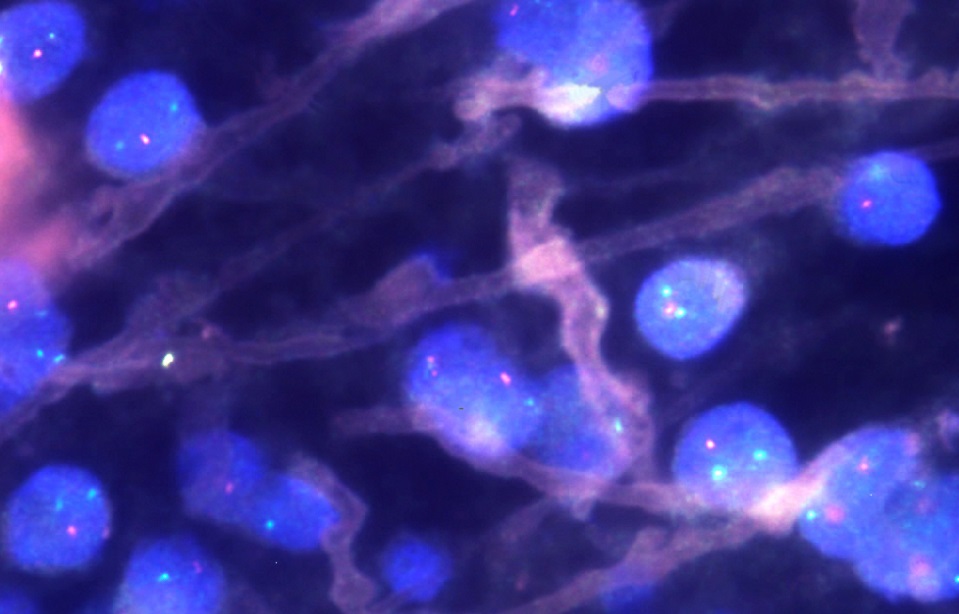
Brain UK study ref: 17/012,
Lay summary,
Project status: Active
Defining changes in the tumour microenvironment of melanoma brain metastases following anti-PD-1 and anti-CTLA-4 antibody therapy
Dr Mihaela Lorger, University of Leeds
Melanoma is a type of skin cancer that can spread to other parts of the body. Once melanoma has spread, it is known as metastatic melanoma. In recent years new drugs have been approved for the treatment of metastatic melanoma. These drugs inhibit the molecules called PD-1 and CTLA-4 that are present on a subpopulation of white blood cells called T lymphocytes. Inhibition of PD-1 and CTLA-4 helps the immune system to attack the cancer. This therapy significantly extends lives of melanoma patients and combined inhibition of PD-1 and CTLA-4 results in complete responses in 11.5 % of the patients. In order to develop approaches that further improve efficiency of this therapy, it is important to gain a better understanding of how these drugs work. Our goal is to understand how the efficiency of PD-1 and CTLA-4 blockade could be improved in the brain, to which cancer spreads in up to 60% of metastatic melanoma patients. To this end we plan to analyse brain tumour tissue of melanoma patients that received therapies targeting PD-1 and/or CTLA-4. This is expected to provide a better insight into which immune cells contribute to successful therapy and what is required for their entry into brain tumours.
